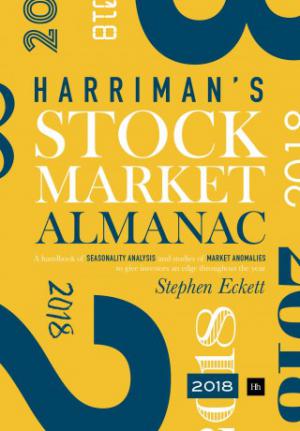
The FTSE 100 index hit a record high on its first day of trading in 2018, and has continued going up since. Globally, indices in the US, Europe and Japan are all pulling off a similar feat.
What happens to markets at the start of the year is particularly interesting, as history shows us that positive performance in January is followed by further gains over the rest of the year.
Since 1984, the FTSE 100 index has risen in the first month of the year 19 times, according to investment firm Fidelity.
In 15 of those years – or 79pc of the time – the FTSE 100 has risen over the following 11 months, with an average gain of 11.8pc across those months.
In the four years where positive January performance was not followed by a gain across the rest of the year, the average loss was 10.5pc.
The trend holds over the longer term, according to Harriman’s Stock Market Almanac.
Between 1900 and 2016, the FTSE’s performance in January – positive or negative – forecast its year performance 65pc of the time. When the market rose in January, it led to a positive year 69pc of the time, but when it fell in January, the market had a negative year 58pc of the time.